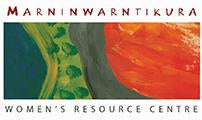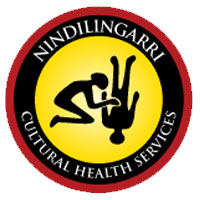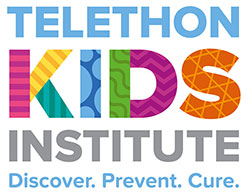What is ELT?
 |
Early Life TraumaEarly life Trauma (ELT) generally refers to the traumatic experiences that can occur to children aged pre-conception to 6 years of age. Pre-conception trauma can occur when a mother carrying her child suffers traumatic experiences resulting in increased levels of stress hormones during the pregnancy. This trauma can affect the developing baby. We know that alcohol and other drugs cause different types of harms as a developing baby can be harmed in utero from alcohol and traumas. When young children experience or witness a traumatic event, we might think that they are too young to understand, and that there is therefore no need to address the matter but recent evidence and growing understandings would suggest the opposite it true. However, research has shown that young children are affected by traumatic events, even though they may not understand what has happened. The traumas experienced can be the result of intentional violence – such as child physical or sexual abuse, or domestic violence – or the result of natural disasters or accidents. Young children may also experience traumatic stress in response to painful medical procedures or the sudden loss of a parent/carer or family member. Children suffering from traumatic stress symptoms generally have difficulty regulating their behaviours and emotions. They may be ‘clingy’ and fearful of new situations, easily frightened, difficult to console, and/or aggressive and impulsive. They may also have difficulty sleeping, lose recently acquired developmental skills, and show regression in functioning and behaviour. A child with FASD may demonstrate these Early Life Trauma symptoms in addition to the range of symptoms associated with FASD. Research tell us that Early Life Trauma dramatically effects health across the lifetime. TEDMED video How childhood trauma affects health across a lifetime | Nadine Burke Harris (16:02 mins) |
|
|








